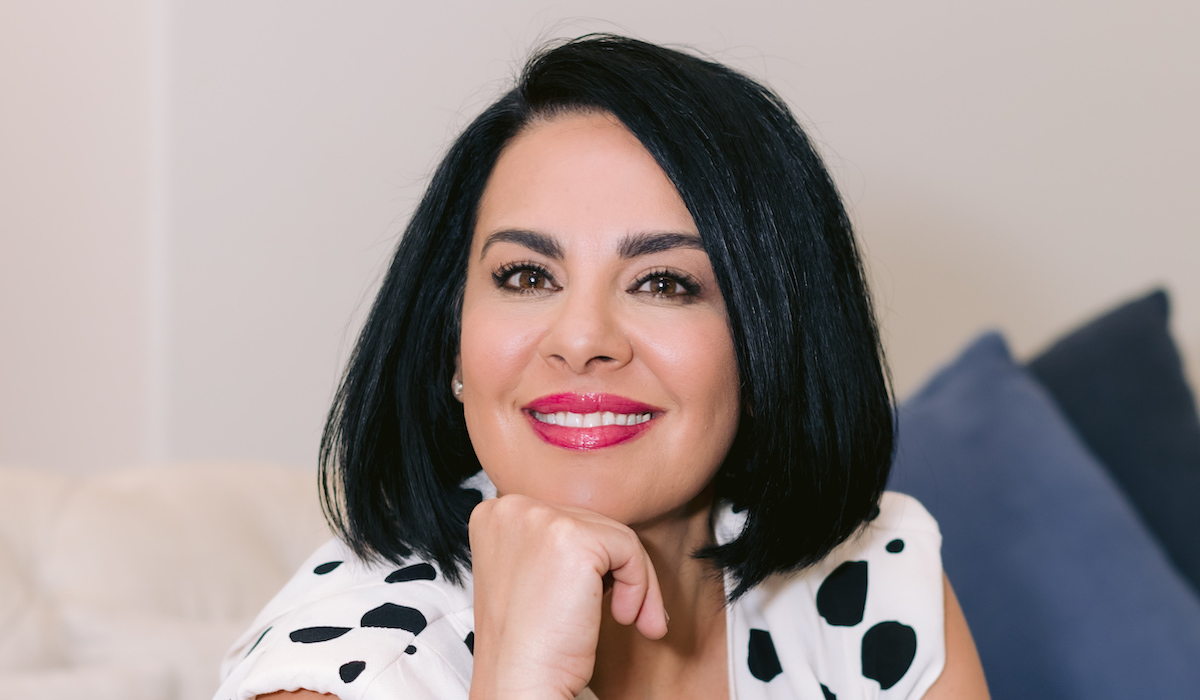Why We’re Hungry for Something Other than Food

Back in 2006, I found myself as the medical director of a weight loss center at a major academic institution. It was not my original plan but deciding to have a baby during residency made me pivot in unexpected ways. Despite being in the midst of a major obesity epidemic at the time, obesity medicine was not considered medicine. We lived in the aftermath of the phen-phen debacle and botched bariatric surgeries. Most doctors were woefully uneducated on how to talk to patients about weight matters, much less how to help them manage it. Because of our ignorance, we handed over this complicated (and emotionally charged) health issue to a multi-million-dollar industry that preyed on our fears and insecurities.
Knowing this, I set out to substantiate the field of obesity medicine by being as doctor-ey as possible, prescribing evidence-based drugs and evidence-based plans to help control hunger. All the while, however, I knew there was something else going on. My patients were experiencing another kind of hunger, a spiritual hunger. As I scribbled on my prescription pad, I wished to also tell them to ditch their deadbeat jobs and their deadbeat relationships. To spend time in nature or in bed with a good book. To have more self-compassion and to be less judgmental of themselves. Sometimes the self-neglect was so offensive, I was moved to anger. Why don’t you give a damn about yourself? I would want to scream. But I always opted not to. That, of-course, was not the doctor-ey thing to do.
Meanwhile I was suffering my own hunger. My hunger for self-compassion, hunger to be validated, for boundaries, autonomy, creativity, hunger to find meaning. I was not only trying to substantiate my field, but also myself. I was a young, female, emotionally and physically exhausted, under-compensated (as compared to my male peers), unappreciated, and on the brink of burn out.
It is no wonder that we feel emotional hunger in the pit of our stomach and equally not surprising that we try to soothe with food.
The connection between food and comfort is not only cultural and societal but is hardwired in our neurobiology. From the moment we are born, our bodies are exposed to oxytocin, the hormone that triggers the production of breastmilk so that we are fed and fosters love and secure attachment between mother and child. With time, we come to learn that palatable foods, like chocolate, provide the same pleasurable (and comforting) surge of dopamine as human connection and the habitual properties of the dopamine response make food a regular go-to when we experience difficult emotions. And finally, science has shown that our emotions literally hijack our hunger hormones promoting hunger even when sated. Emotional hunger as it were, is physiologic and universal.
In the many years of doing this work, I have come to learn this truth. Whether you are an executive of a fortune 500, a stay-at-home mom, a teacher, a lawyer, a producer, an actor, or former pro-basketball player, and I have cared for them all, we all experience the same hunger, and I, of course am not immune.
And yet we are not taught to understand our hunger, nor are we allowed to tolerate it. We are not taught to embrace ourselves in times of need without self judgement or shame. Rather, we liken our hunger to an affliction, are conditioned to suppress and swallow it, rather than let it be known. Ironically, all the suppressing and rejecting only magnifies our hunger and the fear that it cannot be satisfied, averting our attention from the invitation that it presents.
Our hungers represent our need for belonging, acceptance, autonomy and other essential psychological needs. They offer an opportunity to understand our wants and desires. To question our relationship with ourselves. How do we care for ourselves? Do we see ourselves as worthy of the time and attention required for that care? What boundaries are necessary to support a healthy relationship with ourselves and with others? What true longing is our desire for food signaling? What do we seek to control, and what might we need to relinquish in order to achieve peace? Where have we abdicated our power, and how can we reclaim it? Is there a path for healing rather than numbing? And if not for food, then what are we really hungry for? Our reckoning with our hunger can be a way of opening to these significant questions, of responding to our wants and needs and engaging in loving relationship with ourselves.
So here is my prescription. Don’t turn away from you hunger. Don’t shame it, suppress it, feed it, smoke it, drink it, or squash it away. Honor your hunger and the invitation it presents–to live wholeheartedly and in alignment with your true authentic self.


